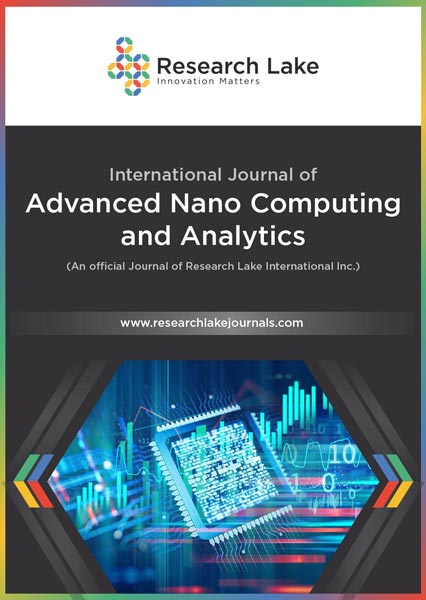Recent Advances in Sorafenib based Nanoformulation for Enhanced Cancer Therapy
Abstract
Sorafenib, a multi-kinase inhibitor has gained significant attention in cancer therapy. However, the clinical use of sorafenib is limited by poor aqueous solubility, low bioavailability, unfavorable pharmacokinetic properties, and undesirable side effects including anorexia, gastrointestinal bleeding, and severe skin toxicity. To overcome these drawbacks, the encapsulation of sorafenib into nanocarriers is an effective strategy. With advancements in nanotechnology, sorafenib[1]based nanoformulation has been developed to enhance their targetability and bioavailability. Various strategies, such as ligand-mediated targeting and stimuli-responsive systems, enable selective drug delivery to cancer cells while overcoming multidrug resistance. This editorial highlights the recent advances in sorafenib-based nanoformulation (liposomal, polymer, metallic) for improved cancer therapy.
Copyright (c) 2023 Usama Sarwar, Abida Raza

This work is licensed under a Creative Commons Attribution-NonCommercial 4.0 International License.
Copyright © by the authors; licensee Research Lake International Inc., Canada. This article is an open access article distributed under the terms and conditions of the Creative Commons Attribution Non-Commercial License (CC BY-NC) (http://creative-commons.org/licenses/by-nc/4.0/).








